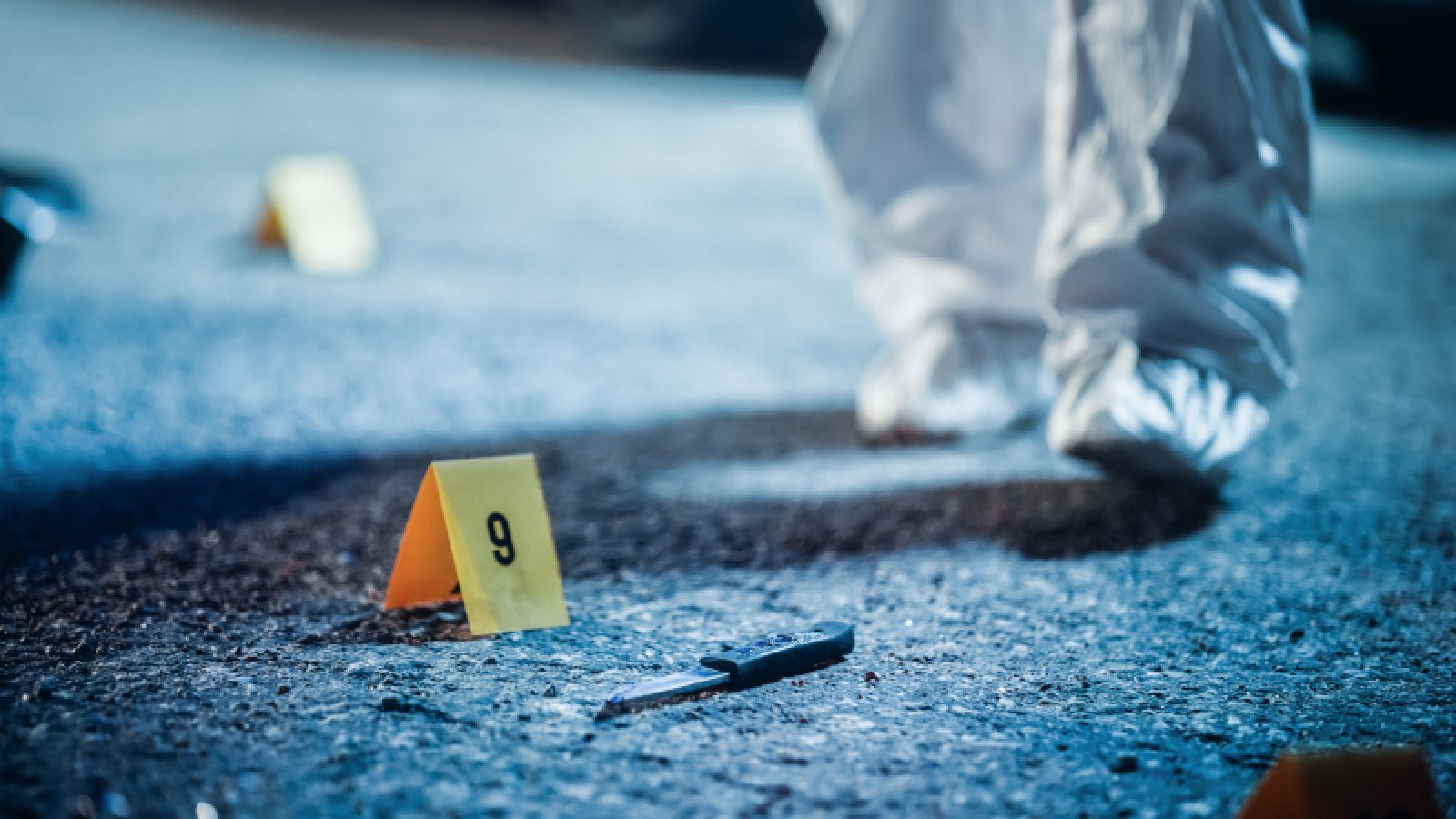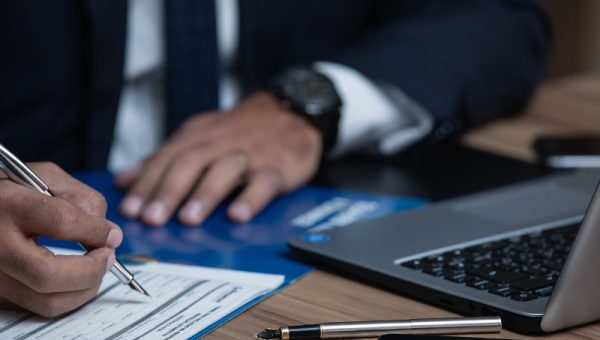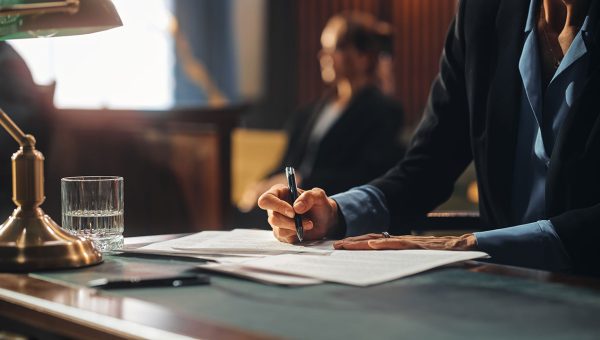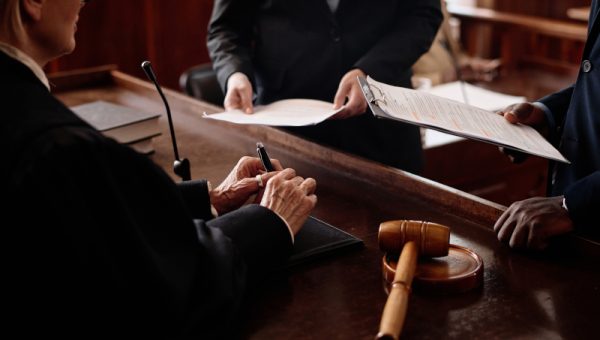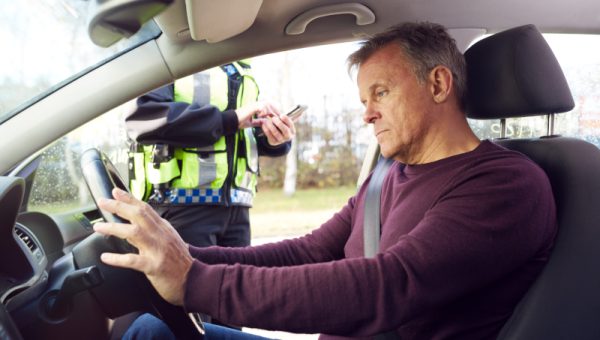Weapons offenses in regional Queensland are a serious matter, with significant legal repercussions. The prevalence of such offenses varies across the region, reflecting diverse socio-economic and cultural contexts.
Understanding your legal rights and the steps to take if you’re charged with a weapons offense in regional Queensland is crucial. Navigating the complexities of the legal system can be daunting, especially under the stress of criminal charges. This guide aims to provide comprehensive and actionable advice to help you manage your situation effectively and seek the best possible outcome under the law.
In the following sections, we will discuss what constitutes a weapons offense in Queensland, outline the immediate steps to take after being charged, and provide resources for legal support. Our goal is to equip you with the knowledge and tools needed to make informed decisions, secure effective legal representation, and prepare for all potential outcomes.
Understanding Weapons Offenses in Queensland
Definition of a Weapons Offense Under Queensland Law
A weapons offense in Queensland encompasses various illegal activities involving weapons, regulated under the Weapons Act 1990. This legislation aims to ensure public safety by controlling the possession, use, and distribution of weapons. An offense can range from unlawful possession of a firearm to more severe crimes such as armed robbery. Violations of this act can lead to significant legal consequences, including fines, imprisonment, and a criminal record.
Types of Weapons Classified Under the Legislation
Queensland law classifies weapons into different categories based on their potential for harm and legal restrictions. These categories include:
- Category A: Air rifles, paintball guns, and rimfire rifles.
- Category B: Centrefire rifles and shotguns.
- Category C: Semi-automatic rimfire rifles and shotguns.
- Category D: Semi-automatic centrefire rifles, pump-action shotguns.
- Category H: Handguns.
- Category M: Crossbows and certain types of knives.
- Restricted Items: Explosives, ballistic knives, and body armour.
Each category has specific regulations regarding ownership, use, and storage. For instance, obtaining a license for a Category H weapon (handgun) requires meeting stringent conditions, including a genuine reason for possession, such as sports shooting or occupational necessity.
Common Weapons Offenses in Regional Areas
In regional Queensland, certain weapons offenses are more prevalent due to various socio-economic and environmental factors. Common offenses include:
- Unlawful Possession: Holding a weapon without the required license or permit.
- Improper Storage: Failing to securely store weapons as mandated by law.
- Use in Commission of a Crime: Employing a weapon in the perpetration of crimes such as theft or assault.
- Trafficking and Supply: Illegally trading or distributing weapons.
- Public Carrying: Carrying weapons in public places without lawful excuse.
Understanding these offenses and their legal implications is crucial for anyone facing charges. Being aware of what constitutes a weapons offense can help in seeking appropriate legal counsel and preparing a robust defense. In the next section, we will discuss the immediate steps to take if you are charged with a weapons offense in regional Queensland.
Immediate Actions to Take Post-Charge
The Importance of Remaining Calm and Compliant
If you are charged with a weapons offense in regional Queensland, it is crucial to remain calm and comply with law enforcement officers. Any form of resistance or aggression can worsen your situation and lead to additional charges. Remaining composed can help you think clearly and make informed decisions during this stressful time.
The Legal Implications of Resisting Arrest
Resisting arrest is a serious offense under Queensland law. Actions such as fleeing, physically resisting, or obstructing police can result in charges that compound the initial weapons offense. These additional charges can lead to harsher penalties. Compliance not only avoids these complications but also demonstrates a cooperative attitude that can be beneficial in subsequent legal proceedings.
Navigating the First Interaction with Police
During your initial interaction with police, it is important to be aware of your rights and obligations. You have the right to remain silent and not answer any questions without legal representation. Providing your name and address is required, but beyond that, you should refrain from making any statements or admissions until you have consulted with a solicitor.
Contacting a Solicitor
How to Choose the Right Criminal Defense Lawyer
Choosing the right criminal defense lawyer is essential for a robust defense. Look for a solicitor with:
- Experience: Specialisation in criminal law, particularly in weapons offenses.
- Reputation: Positive reviews and a track record of successful case outcomes.
- Local Knowledge: Familiarity with the regional Queensland legal environment.
- Accessibility: Availability to take on your case and communicate effectively.
Initial consultations can help determine if a solicitor is the right fit for your needs. Many lawyers offer free or low-cost consultations to discuss the basics of your case and outline potential defense strategies.
The Role of a Solicitor in Your Case
A solicitor plays a critical role in your defense by:
- Providing Legal Advice: Explaining the charges and potential consequences.
- Representing You in Court: Arguing your case and advocating for your rights.
- Negotiating with Prosecution: Seeking reduced charges where appropriate.
- Gathering Evidence: Collecting and presenting evidence to support your defense.
- Advising on Procedures: Guiding you through the legal process, including court appearances and document submissions.
Bail Considerations
Understanding Your Rights Concerning Bail
When charged with a weapons offense, you have the right to apply for bail. Bail allows you to remain out of custody while awaiting your court date. The application process involves presenting your case to a magistrate who will decide based on several factors. Understanding your rights and the bail process can help you prepare a compelling application.
Factors Influencing Bail Decisions in Weapons Charges
Several factors influence whether bail is granted, including:
- Nature of the Offense: Seriousness of the weapons charge.
- Criminal History: Any past offenses or previous bail violations.
- Risk of Flight: Likelihood of not appearing for court dates.
- Public Safety: Potential threat to the community if released.
- Support Networks: Availability of community ties and support systems.
Your solicitor can help you prepare for the bail hearing, advising on how to present your case effectively to increase the chances of being granted bail.
The Importance of Legal Representation
Why Expert Legal Advice Is Crucial
Expert legal advice is vital when facing a weapons offense charge. A skilled lawyer can provide:
- Clarity on Charges: Explaining the legal implications and potential consequences.
- Strategic Defense: Developing a tailored defense strategy based on the specifics of your case.
- Negotiation Skills: Engaging in plea bargaining to possibly reduce charges or penalties.
- Courtroom Representation: Advocating on your behalf to present evidence and challenge the prosecution’s case.
Without proper legal representation, you risk navigating the legal system unprepared, which can negatively impact the outcome of your case.
How a Lawyer Can Affect the Outcome of Your Case
A lawyer’s expertise can significantly influence the trajectory and outcome of your case. They can:
- Identify Weaknesses: Pinpoint flaws in the prosecution’s evidence or procedures.
- Gather Evidence: Collect and present evidence that supports your defense.
- Expert Testimonies: Introduce expert witnesses to substantiate your case.
- Mitigate Sentencing: Argue for reduced sentences or alternative penalties if convicted.
With the right legal representation, you increase your chances of a favorable outcome, whether through acquittal, reduced charges, or minimised penalties.
FAQs
1. What should I do first if I’m charged with a weapons offense in Queensland?
The first step is to remain calm and comply with law enforcement. Avoid making any statements or admissions until you’ve consulted with a criminal defense lawyer. It’s essential to understand your rights and seek legal advice as soon as possible.
2. What are the penalties for weapons offenses in Queensland?
Penalties for weapons offenses in Queensland vary based on the type of offense and the weapon involved. They can range from fines and community service to imprisonment. Serious offenses, such as armed robbery, can result in lengthy prison sentences.
3. Can I apply for bail if I’m charged with a weapons offense?
Yes, you have the right to apply for bail. However, whether or not bail is granted depends on several factors, including the seriousness of the charge, your criminal history, and whether you’re considered a flight risk or a threat to public safety. A lawyer can assist in presenting a strong bail application.
4. What types of weapons are classified under Queensland’s Weapons Act 1990?
Weapons in Queensland are classified into categories based on their potential danger. These include:
- Category A: Air rifles, paintball guns.
- Category B: Centrefire rifles and shotguns.
- Category H: Handguns.
- Category M: Crossbows, specific knives. Each category has its own rules regarding possession, storage, and use.
5. Can I defend myself against a weapons charge?
Yes, you can defend yourself against a weapons charge, but it’s essential to have a lawyer who specializes in criminal law and weapons offenses. They will assess the evidence, identify weaknesses in the prosecution’s case, and help you prepare a strong defense strategy.
6. What is the most common weapons offense in regional Queensland?
In regional Queensland, the most common weapons offense is unlawful possession of a firearm, especially without a valid license. This is often due to the presence of firearms in rural areas for activities like farming or hunting, where individuals may not always ensure their weapons are properly licensed or stored according to legal requirements. Other frequent offenses include improper storage of weapons, which is taken very seriously as it can lead to accidental harm or unauthorized access. Additionally, using a weapon during the commission of a crime, such as theft or assault, is a major concern in regional areas and carries heavy penalties. Awareness of these common offenses and complying with regulations is key to avoiding legal trouble.
7. Can a weapons charge be dropped or reduced
In some cases, a weapons charge can be reduced or dropped, depending on the circumstances of the case. A lawyer can negotiate with the prosecution, especially if there are weaknesses in the evidence or mitigating factors in your favor.
8. How does a weapons charge affect my criminal record?
A conviction for a weapons offense will result in a criminal record, which can have significant long-term consequences. Having a criminal record can make it difficult to secure employment, particularly in professions that require a clean background check. It can also affect your ability to travel, as some countries may deny entry to individuals with certain convictions. Furthermore, a criminal record can complicate future legal matters, especially if you face additional charges down the line, as the courts may impose harsher penalties on repeat offenders. Avoiding conviction or minimizing the penalties through a strong legal defense is critical in reducing the impact on your future.
9. Do I need a lawyer for a weapons offense charge in Queensland?
Yes, legal representation is highly recommended. A lawyer specializing in weapons offenses will provide essential advice, represent you in court, and help negotiate with the prosecution to seek reduced charges or penalties.
10. How long does it take for a weapons charge to be resolved in court?
The length of time it takes to resolve a weapons charge in court varies depending on several factors. If you plead guilty, the process may be quicker, as the case can be resolved without a trial. However, if you plead not guilty and the case goes to trial, it may take several months or even longer, depending on the complexity of the case and the court’s schedule. Other factors that can affect the timeline include the availability of witnesses, the need for expert testimony, and any delays in the legal process. Your lawyer can provide a more accurate estimate based on the specifics of your case and the court’s current caseload.
Conclusion
Understanding your legal rights and taking proactive steps are crucial if you are charged with a weapons offense in regional Queensland. By staying calm, securing expert legal representation, and familiarising yourself with the judicial process, you can navigate the complexities of your situation more effectively.
Seeking professional advice and support immediately cannot be overstated. Engaging a skilled criminal defense lawyer can make a significant difference in the outcome of your case. Remember, the key to managing a weapons charge successfully lies in informed decision-making and timely action.
By taking these steps, you can better protect your rights, prepare for court proceedings, and work towards a positive resolution. If you or someone you know is facing such charges, reach out to legal professionals and support services without delay to ensure you are fully equipped to handle the challenges ahead.
